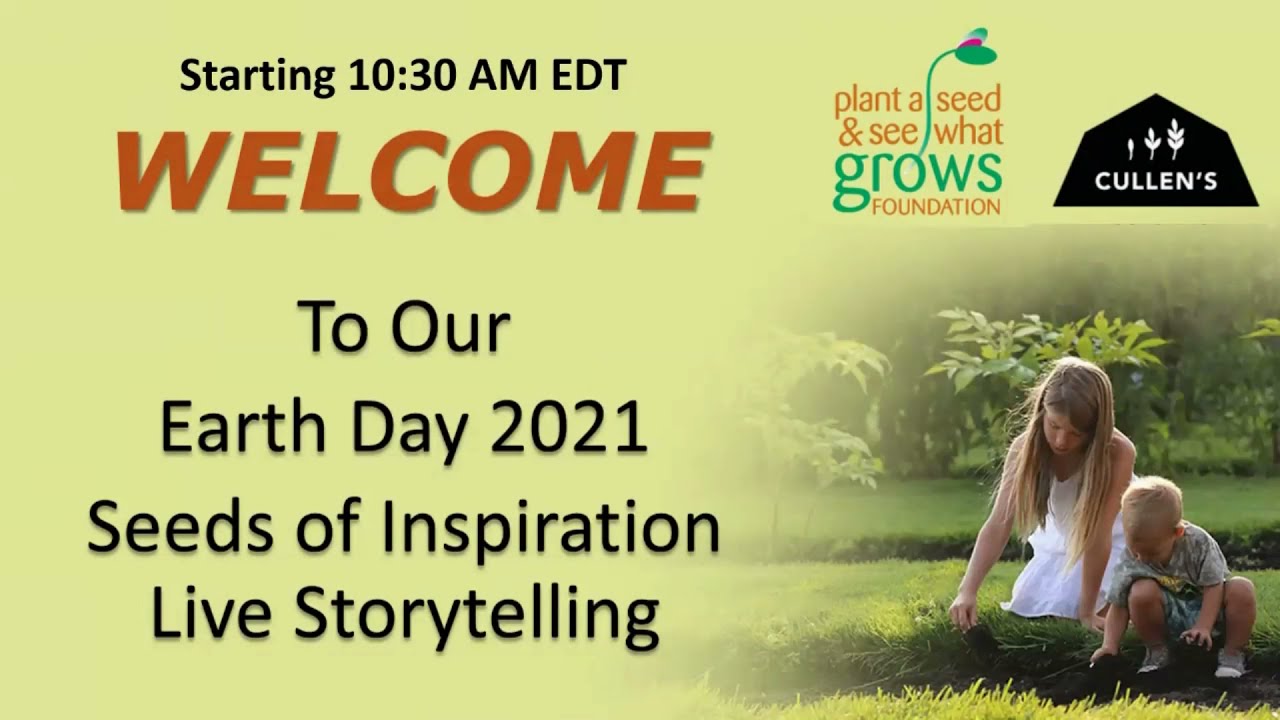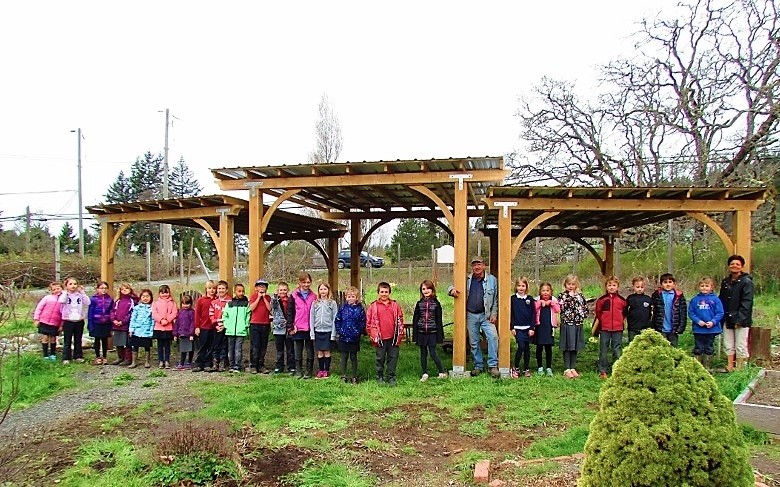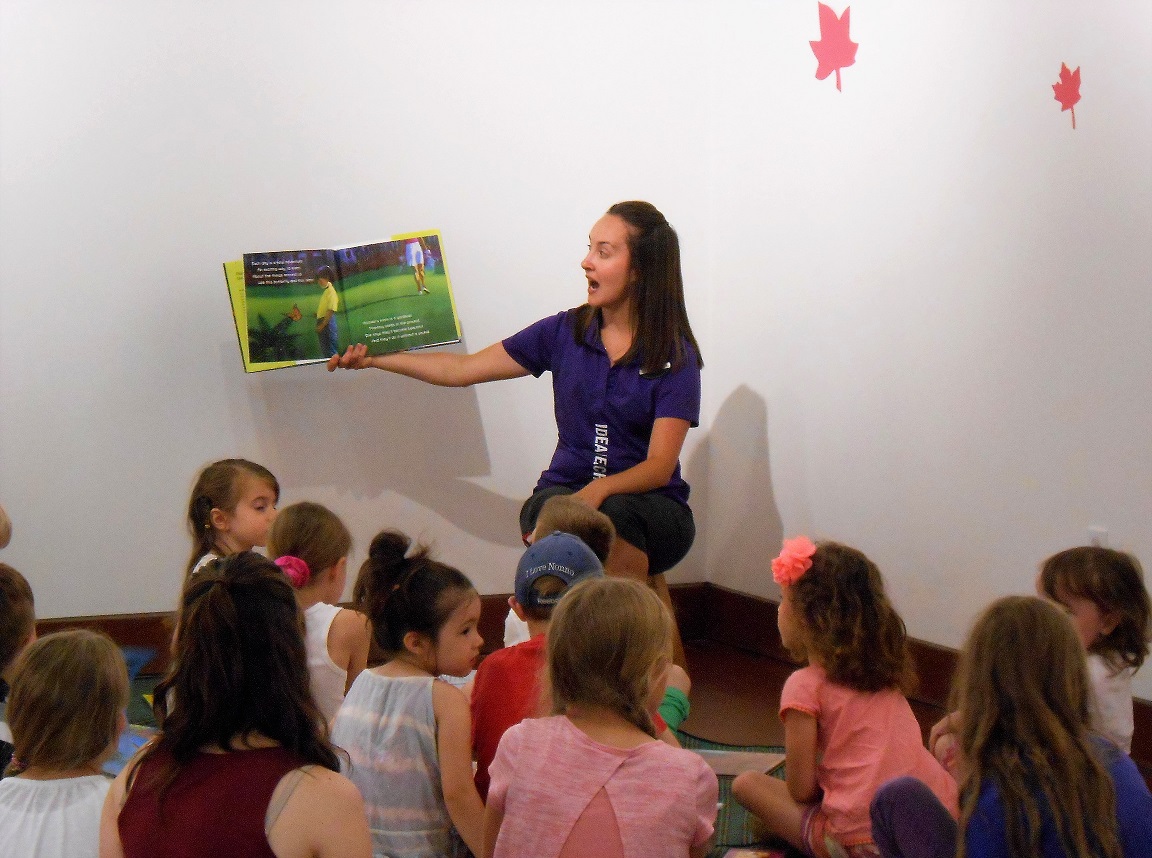Canada’s National Organic Week 2019 is upon us, running from September 9-15. For the uninitiated, the annual affair is the largest celebration of organic food, farming and products across the country. It’s one of the biggest celebrations of its kind in the world and given that it’s the event’s 10th anniversary it’s about to get bigger. The timing is also perfect, coinciding with the beginning of the new school year across Canada. Today, we’re going to look at some great ways to recognize this special event with your students.
3 Ways to Celebrate Canada’s National Organic Week with Your Students
1. The Ultimate Organic Shopping Field Trip
One of the best ways to celebrate Organic Week is to teach kids about how they (and their households) can make an immediate and direct difference in promoting sustainable living in their own home and community. And that starts with shopping!
Organize an organic shopping expedition with your class and begin with the place their family likely frequents most – a traditional grocery store. Armed with a shopping list of nutritious food and a shopping cart, take your students on a journey from the fresh produce department through to the frozen food section. Teach them how to identify the differences between organic foods and the rest. How do you teach them to identify the difference between organic foods and the rest? According to the Organic Week’s website, “the “Canada Organic” logo is the public’s assurance that products have been grown and handled according to strict procedures and rules. Organic is the most heavily regulated and scrutinized food system in Canada.” You can also mention the differences in color (for produce), quality, and even packaging (where applicable). In addition, explain why things may be priced higher because of the cost of clean food.
Next, visit a local organic retailer. They will see and experience the difference from the traditional grocery store setting and will be exposed to a far greater number and variety of organic products. They will quickly learn that the concept can be applied to health and beauty products, cleaning supplies, clothing and textiles, paper products and much more.
After their young minds have been blown by the new (and healthier) possibilities, it’s time to take them to a local farmer’s market. There will be no shortage of these in your area during Organic Week. At the market they will see a more direct connection between organic gardens/farms and how the food reaches the end consumer. They will witness the seed-to-table process in action and can speak with garden/farm owners and volunteers who will be more than happy to answer questions. Make sure your students prepare a list of things they want to ask ahead of time.
We conclude this idea with a succinct quote from climate activist and public speaker who is also a friend to the Foundation, Asha Mior:
Asha Mior, teen climate activist and public speaker. Follow her on Twitter @ashafortheworld
“Organic foods are grown without pesticides such as neonicotinoids. Show that you will not support the use of neonics by endeavouring to consume organic produce as often as possible. You can purchase organic produce in many grocery stores, or you can even grow your own! Be sure to check out your local garden store for their selection of organic seeds.” (Bee Crisis – It’s Time to Bee Aware)
2. Go On a Farm Visit
While a field trip to the organic retail environment is great, take a step further by taking your students on a local farm visit. A farm is where the seed-to-table process all begins, and across Canada there are on-site programs in place that welcome students to come explore and engage with farmers, crops, and livestock alike. As the data proving the benefits of outdoor learning experiences grows, so does the access to such programs. Research the availability of your farm visits in your area, schedule a class tour, and learn about how the Foundation is supporting farm visits for students across Canada in 2019-20.
3. Grow a School Garden
Visiting epicenters of organic living (markets and farms) are one thing, but if you really want to get students engaged then get them involved in starting one themselves, one plot at a time. Where better than on school grounds where they can work in the garden every week, and witness firsthand the fruits (and vegetables) of their labor? View our 5-step guide to starting a school garden and get started this Organic Week. If you already have one, use the national week of celebration as an opportunity to expand your garden, incorporating new crops. Include ones that will thrive in the autumn and winter to come so that the garden becomes an four-season outdoor learning space. View our list of the best plants and vegetables to grow in cold weather.
For more about Organic Week, including local events and where to find organic retailers, we encourage you to visit the official website. Would you like to learn more about the work of the Foundation? Please visit our Funded Programs page. There are many ways you can get involved with the Plant a Seed & See What Grows Foundation – you can visit our Get Involved page, Help Fundraise, or Donate Now.








